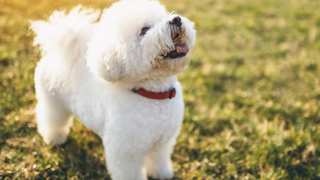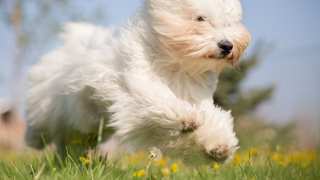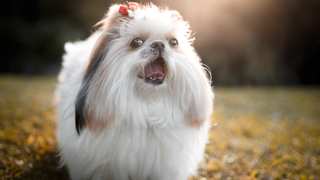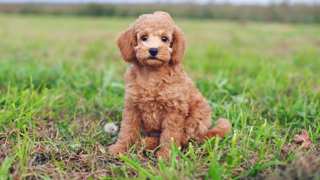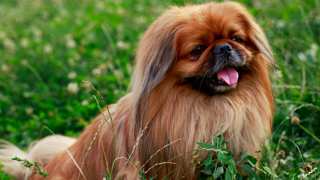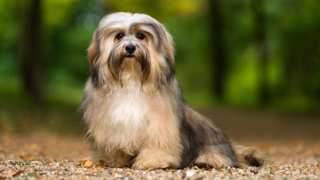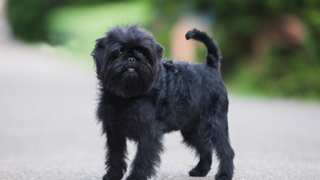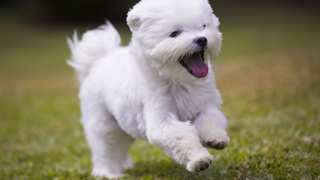Like all breeds, the Shih Tzu diet plan will need to include animal proteins and carbohydrates, vitamins and minerals, and omega fatty acids--the three Canine Nutrient Groups that help dogs sustain their long-term health. This means the best Shih Tzu dog food is premium dry kibble, as it contains balanced portions of those ingredients. And one premium brand deserves special mention: the Royal Canin Shih Tzu dog food line is specially formulated for this breed. Owners will do well to put this on their Shih Tzu favorite-food list! Royal Canin Shih Tzu Adult, Royal Canin Shih Tzu Junior, and Royal Canin Shih Tzu Puppy food are designed for the breed at each specific life stage. Not only does the Royal Canin Shih Tzu kibble include healthy ingredients, but the pieces are designed to accommodate the breed's "brachycephalic jaw": it's curved to make it easier for the dog to pick up from the Shih Tzu food bowl.
Ans specifically how much should a Shih Tzu eat each day? Adult breed members will need about a cup of premium dry food per day, divided into two meals. Portions of food for Shih Tzu puppy dogs are a bit smaller: depending on the pup's age, about ¾ cup per day, divided into three meals (not two) until five months old.
For more info about how much to feed a Shih Tzu from puppyhood through maturity, see this Shih Tzu puppy feeding chart:
Dog AgeDog WeightFood TypeAmountFrequency7-8 Weeks2 lbsDry (Puppy formula)6-8 pieces3x/day3 Months4 lbsDry0.15 cups3x/day5 Months8 lbsDry0.25 cups3x/day8 Months10 lbsDry* (Puppy/Adult)0.5 cups2x/day10 Months+12 lbsDry (Adult formula)0.5 cups2x/day*--Around this time, transition to adult food by first mixing in a bit of adult formula with the puppy formula. Over the course of a week, with each meal add a little more adult food to the mixture, until the dog is eating it entirely.
If possible, try and stick to the above-listed portions. If constantly overfed (and under-exercised), these dogs will quickly become overweight--and a fat Shih Tzu will have numerous health problems and a shortened lifespan. You can help control the dog's weight by establishing regular feeding and exercise schedules, by not feeding the dog table scraps (and easy on the Shih Tzu treats!), and by not leaving food in the dog's bowl all the time. It's better to put the Shih Tzu food bowl down only at mealtimes, then pick it up a few minutes later.
If you're worried your Shih Tzu is overweight, give the dog this test: run a hand along its side, and if you can't feel any ribs, it's Shih Tzu diet time. Reduce the dog's daily food consumption by one-fourth, and add an extra walk or play period to its daily exercise schedule.

